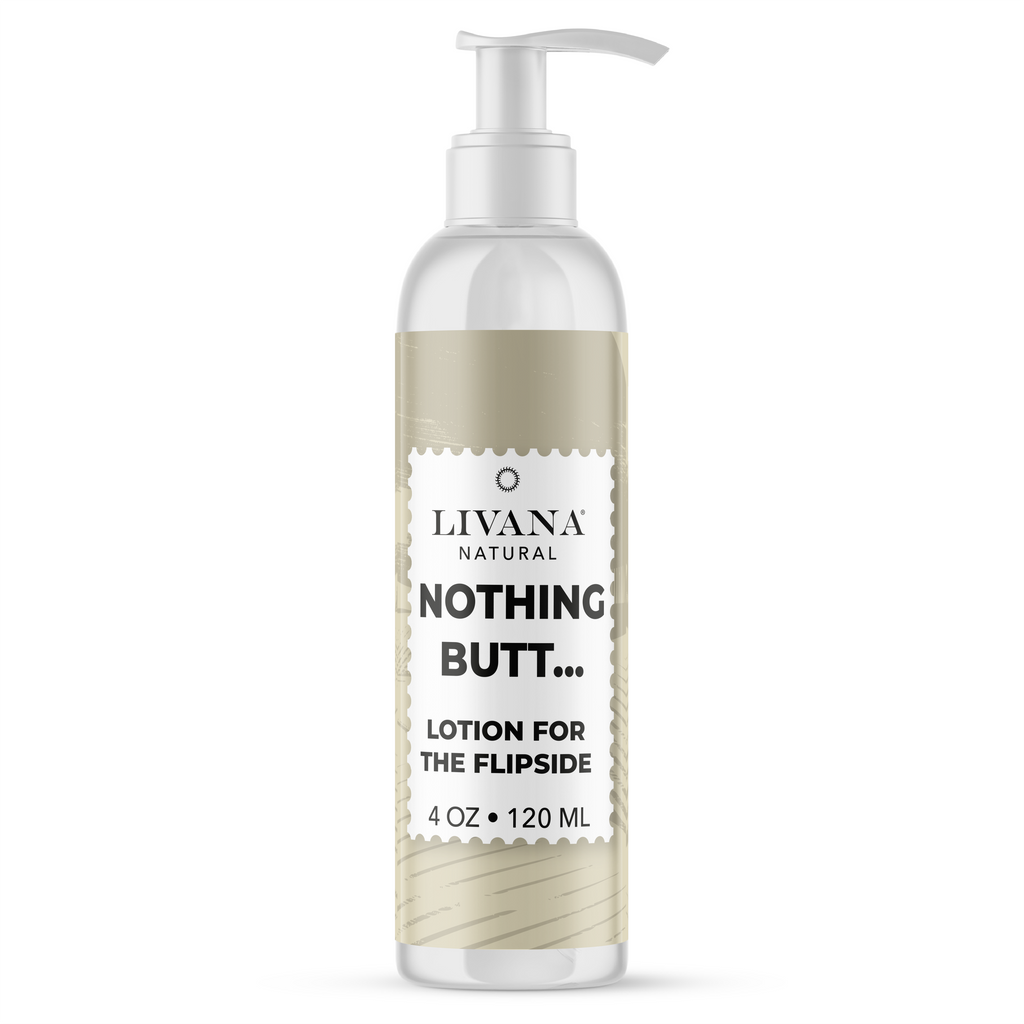Shocking Reasons Why Do I Have Acne on My Butt? Exclusive Life-Changing Tips Inside!
Many people experience acne outbreaks in various areas of their bodies, and one notably sensitive yet often overlooked region is the buttocks. It might come as a surprise, but **'why do I have acne on my butt'** is a common question many individuals, particularly those aiming for smooth skin, ask. As a beautician, understanding the underlying causes of this embarrassing skin condition will equip you with the knowledge to provide effective solutions for your clients. This article will delve into the factors that contribute to butt acne and recommend treatments to help keep skin clear and healthy.
Faced with concern about why ideal skin can turn bumpy, many seek guidance from professionals like beauticians. Butt acne, often colloquially termed as **'buttne'**, is essentially a breakout similar to facial acne, but it can stem from various unique sources. Lets dive deeper into several potential causes and practical remedies that can help your clients combat this annoying issue.

Understanding Butt Acne: The Basics
Before delving into treatments and preventative measures, it is crucial to understand what butt acne is. Just like other forms of acne, it is caused by clogged pores, inflammation, and bacteria under the skin.
Several factors can lead to these breakouts, and as a beautician, its vital to pinpoint these to effectively address clients' concerns.
1. Causes of Butt Acne
There are numerous reasons adults develop acne on their buttocks. Some of the more common causes include:
- Pore Clogging: Oil, sweat, and dead skin can clog hair follicles, especially in active individuals or those who wear tight clothing.
- Poor Hygiene: Inadequate washing or care of the buttocks can result in the accumulation of bacteria and skin debris.
- Folliculitis: This is an inflammation of the hair follicles, easily recognizable as red, pimple-like bumps. Keeping the area clean is crucial.
- Skin Conditions: Conditions such as keratosis pilaris also contribute to these unsightly bumps.
2. Lifestyle Factors
Your clients' lifestyle can heavily influence the prevalence of acne. Here are a few factors:
- Diet: Certain foods, including sugars and dairy, might lead to hormonal fluctuations contributing to acne, so informing clients of their dietary choices becomes necessary.
- Clothing Choices: Wearing tight-fitting clothing or materials that may irritate the skin can exacerbate the issue.
- Sweat Glands: Activities involving perspiration can trap moisture and provide a breeding ground for bacteria.

What Can Beauticians Do? Terrific Tips & Remedies
As a beautician, you have unique tools and knowledge at your disposal. Here are some recommended treatments that can help clients reduce and prevent butt acne:
3. Regular Exfoliation
Encourage clients to exfoliate the skin regularly. This can help remove dead skin cells and prevent clogging of hair follicles. Use gentle scrubs designed for sensitive skin to avoid irritation.
4. Choosing the Right Products
Recommend organic products that contain active ingredients, such as salicylic acid or tea tree oil, known to fight acne. You can reference the benefits of organic aloe vera for skin health.
5. Maintaining Hygiene
Simple habits such as showering after exercise or activities that induce sweating can be immensely beneficial. Encourage clients to keep the buttocks clean.
6. Consulting a Dermatologist
If the acne persists despite home treatments, recommend consulting a dermatologist. Additional treatments may be necessary to tackle stubborn acne effectively. For further detailed approaches, you can link clients to this handy guide on butt breakouts.

Common Myths About Butt Acne
There are several myths surrounding butt acne that can mislead clients. Here are a few clarifications:
- Myth 1: Butt Acne is Only for Teenagers - Wrong! Adults can experience it too!
- Myth 2: Its Just a Hygiene Issue - While hygiene plays a role, numerous biological factors are at play.
- Myth 3: Butt Acne is Not as Serious - Whether its on the face or the butt, acne can affect self-esteem.
FAQs About Butt Acne
1. Can Butt Acne Be Treated at Home?
Absolutely! With proper hygiene, regular exfoliation, and topical treatments, butt acne can often be managed. However, seeing a professional is recommended if acne persists.
2. Are There Any Dietary Changes to Consider?
Yes! Although everyone has different reactions to foods, reducing sugar and dairy might help improve skin conditions for some.
3. What Clothing is Best for Avoiding Butt Acne?
Opt for breathable materials and avoid tight-fitting clothing to reduce friction and moisture retention.
As we conclude our detailed exploration into butt acne, its crucial that beauticians remain knowledgeable and available for clients seeking solutions to embarrassing skin conditions. This newfound understanding not only equips you with ways to assist clients better but empowers you to recommend products and routines aimed at achieving clear skin. For further insights into skin health beyond just acne, visit Verily Health.
As an Amazon Associate, I earn from qualifying purchases.

